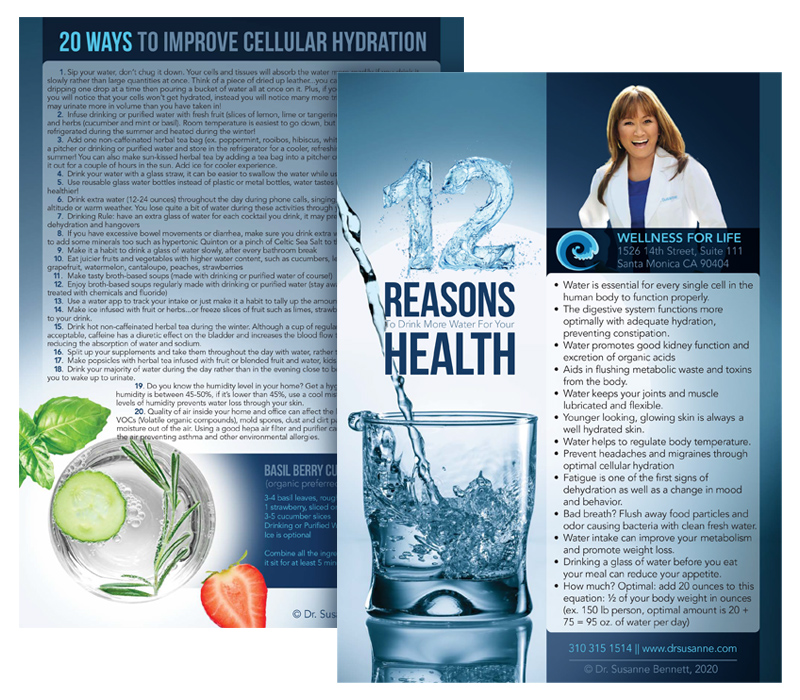Fear of “Oldtimer’s”?
Last week when I was hanging out with Sarah Chun, my cool 83 years young mom, she confided in me that the #1 fear she has right now is that she may be losing her mind- she used the word Alzheimer’s!
Wait, she actually she pronounced it “Oldtimer’s” with a Korean accent, but I knew exactly what she was talking about!
Now my mother is in good health- she eats well, laughs daily watching her Korean drama shows and gets her exercise by dancing around to K-Pop. But she does have her forgetful moments of not remembering little things here and there which frustrates her terribly. Anyone who has a parent over 75 years old understands these little mishaps.
I reassured and calmed her down, told her that yes, she does have some memory issues- but definitely not Alzheimer’s disease (AD), what is now called Type 3 Diabetes!
Having me as a daughter has some awesome perks- for years I have been advising her what she can do to stay young and rev up her brainpower but this time, she was ready to listen and follow through.
Her fears of losing her mind are the same as all of our fears, so I decided to post an article on the recommendations I gave to my mother that can help you or your family members as well.
I created a personalized step-by-step lifestyle program for her:
- Increased her protein intake and replaced her white rice (Korean staple) for sweet potatoes, brown rice and quinoa,
- Scheduled her night ritual so she can sleep longer and deeper hours,
- Added some of the same brain boosting supplements I take daily to improve her memory and cognitive function
- Eliminated all inflammatory causing foods such as sugar, dairy, gluten and yeast
- Recommended a neck massage weekly to increase blood flow to her brain and open up her lymphatic system.
I expressed to her that we will get her mind and brain sparking in no time and that she will be with us fully functioning for a very long time. I reminded her that her own mother lived 104 years!
Then a few days ago, CNN came out with this very interesting article about reversing dementia, AD and improving the brain. What perfect timing!
The article was based on Dr. Dale Bredesen’s recent study (from my alma mater), at UCLA’s Mary S. Easton Center for Alzheimer’s Disease Research and it went over much of the same information I gave to my mother.
I added my own recommendations to Dr. Dale’s study and created the:
9 Key Strategies to Prevent Dementia and early Alzheimer’s Disease:
- Reduce simple carbohydrates, starchy vegetables and gluten grains to reduce “leaky brain” and brain inflammation
- Take a daily dose of Vitamin D to modulate and improve immunity
- Increase your circulation and sweating mechanism by exercising vigorously, dry brushing, sitting in an infrared sauna, and hot & cold baths or showers. This will reduce toxins from deposited into the brain and cleansing them out of the body.
- Add polyphenols to your supplement regimen. These super antioxidants will stop oxidation and damage to DNA and nerve tissue that can lead to premature aging and brain deterioration. My favorites polyphenols include EGCg (decaffeinated), Resveratrol, and power greens!
- Reverse dementia and rejuvenate the brain by taking these phospholipids and essential fatty acid supplements for life: GPC (glycerophosphocholine), Phosphatidyl Serine and DHA (docosahexaenoic acid). Also eat more healthy fats at every meal (olive, avocado, ghee, walnut, coconut)!
- Wait to go to sleep at least 3 hours after dinner and fast (no food, water is fine) for 12 hours between dinner and your next meal- this may help breakdown the amyloid beta proteins that build up in the brain found in Alzheimer patients. D
- Eat more probiotics, prebiotics (fibrous veggies), and fermented foods like kimchi (my fav!), pickles and organic miso to improving gut health, which reduces the risk of dementia.
- Get 7 to 8 hours of deep uninterrupted sleep to reduce stress and inflammation and to rejuvenate the body and spirit.
- Reduce toxic metal exposure to mercury and aluminum, both neurotoxins that can contribute to brain deterioration. Minimize eating mercury-laden fish such as tuna and swordfish, and stop using aluminum-based products.
What I love about Dr. Dale is that his study was all about fighting dementia and Alzheimer’s by making healthy everyday lifestyle choices rather than testing some type of new drug or vaccine. He even knew about “leaky gut” and mercury toxicity- love this guy!
We all have the power to change our brain by changing our lifestyle- the way we eat, sleep and take care of our environment. A lot of the same strategies I talk about in my best selling book The 7-Day Allergy Makeover!
I can’t wait to have him on my Wellness for Life radio show. I will keep you posted once I secure him as an expert guest!
BTW- I have some really cool news coming out in a couple of weeks. Come back regularly to check to see what is coming up for 2015! Super exciting!
Click on the link below to read the entire CNN article:
https://drsusanne.com/reversedementia




